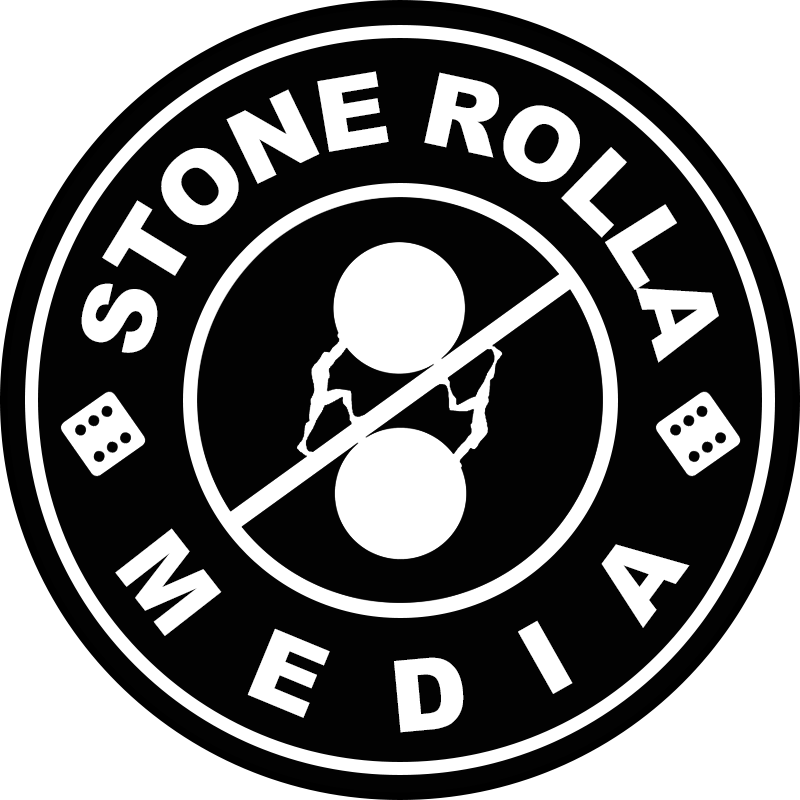Simon Says
Pretext
Label boss Tracy put me on to ‘You Don’t Have To Say You Love Me’ a book authored by her old pal Simon Napier-Bell, the biggest legend still alive (Wham!, Marc Bolan, Yardbirds, John’s Children…). In my read, I stumbled across these seven words; ‘music reflects society, but drugs dictate music’. I like quotes, they emit a truth in its most basic form, no noise. What Simon says here might seem twisted, fustian, disconcerting, but isn’t it so brilliantly true? The other some 100,000 words in the book serve context as to why, that’s not why we’re here, just read the book. I wanted to talk about my take on it though, and how it applies to music today, I’ve not got much else to do this afternoon.
Reflect, Dictate.
Firstly, we should remind ourselves of the difference between ‘reflect’ and ‘dictate’. Shouldn’t be a difficult job. ‘Reflect’ connotates a passive tone, a reflection is second to act, throwing back an image of its… well, dictator. The other definition carries the same narrative, you can’t reflect on something that hasn’t happened yet. ‘Dictate’, on the other hand, carries an aura of enforcement and authority, an active exercise. You know that already, but it’s important.
Black, White.
‘Music reflects society’ You could argue everything does, and you’d be right. This is the problem with snapping the quote in half and taking it out of context. So, let’s keep it relevant. Why does a musician write songs? To express experience, would you agree? feelings and emotions are reflection induced experiences, we’re pack animals, our experiences are formed by the collective, by society. Things happen and we talk about it, if we can’t talk about it then we write songs. A good song will make you think, but a great song will make you feel.
‘Drugs dictate music’ Original ideas can only be induced from the parameters of one’s conscience. The music we make follows that narrative. But what is and what dictates our conscience? I’ve got no idea… but drugs can sure warp and bend those parameters, for better or for worse. Either way, our sober conscience is really quite narrow, and this is where the argument starts to makes sense. Music that makes you think is written sober. Music that makes you feel is written on (or been influenced by) drugs.
The formula
You can think of our quote here as a tool to answer questions, kind of like a formula. Above mentioned Tracy always bangs on about how Netflix use songs (mainly) from pre 2000 in their soundtracks, and it’s true, why is this? Well, music reflects society, but drugs dictate music. Society is nostalgic of the past, pre-technology were the golden days, life was better back then. Even I feel this way and it was before I was born, is that possible? Most things are possible without even getting out of bed. From a device in your palm you can talk to anyone, visit anywhere, watch anything, study anything, order any food, record songs and even reach fame… society is effortless, lacklustre and boring. Such a cliché but isn’t it a pleasing one? Every problem has a pharmaceutical answer, mind numbing drugs are battling an epidemic of depression, anxiety, ADHD, panic disorders, addiction and the rest of it. If the 60s were fuelled by LSD & the pill, the drug of the 2020s is SSRIs. I’m not surprised we want to listen to old music, who wants to listen to songs about this crap. Netflix wants us to feel, they can’t do that with current music.
Conclusion
Am I saying, ‘hey kids go take drugs!’… No, but I’m not saying don’t. I’m being observational, not critical, so is Simon (he never touched drugs). Nor am I saying that no good song has ever come from a sober songwriter, I just can’t think of one. At its core, I’m talking about the difference between thinking and feeling (Bruce Lee was on to something).
We could talk for hours about this, really… but let’s keep it short and let the music talk. We’ve curated a couple playlists for you surrounding our conversation, have a listen.
